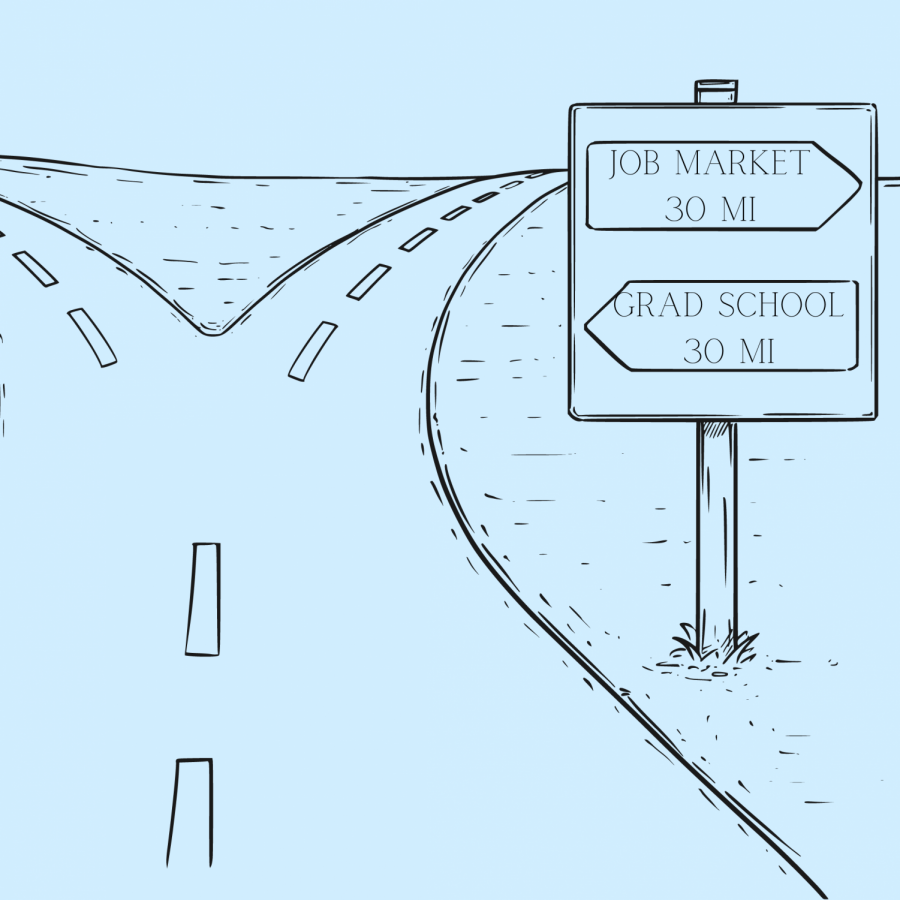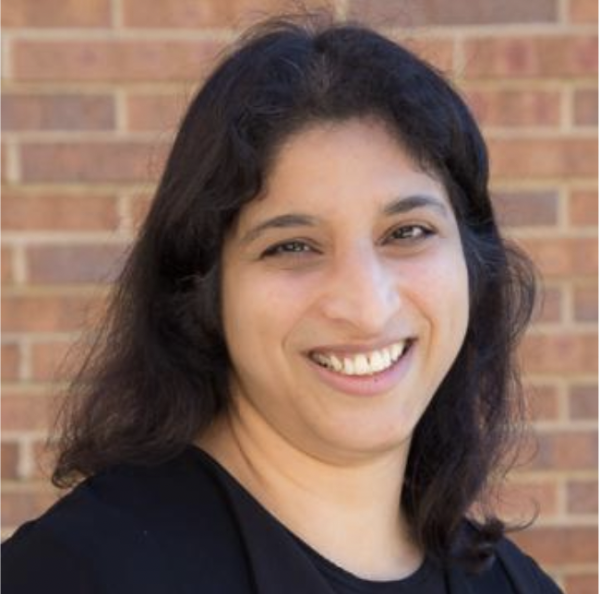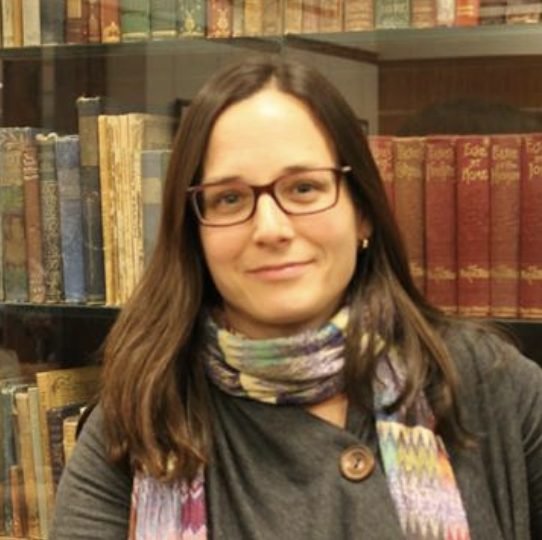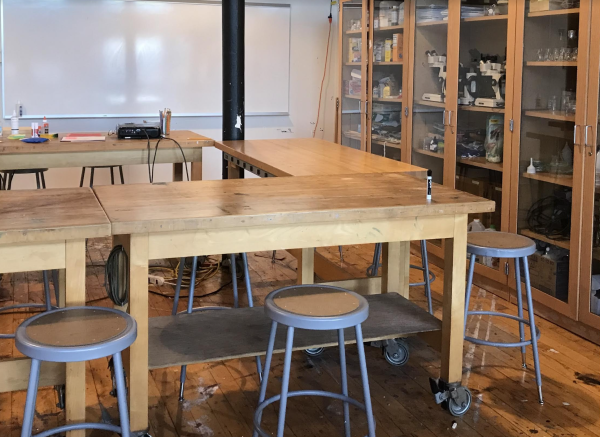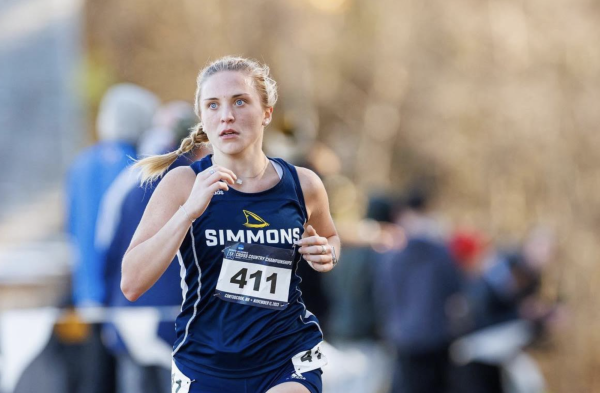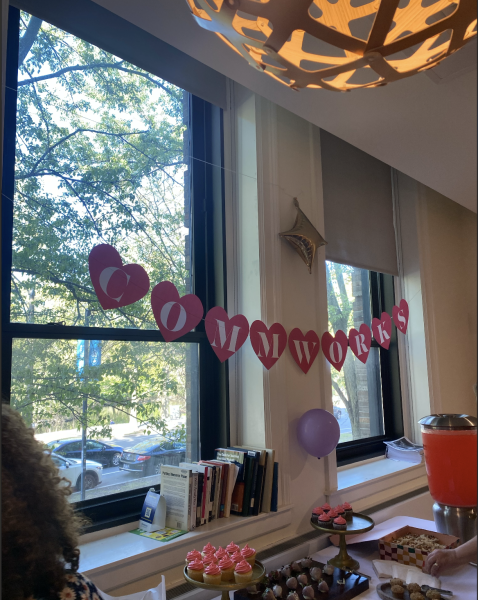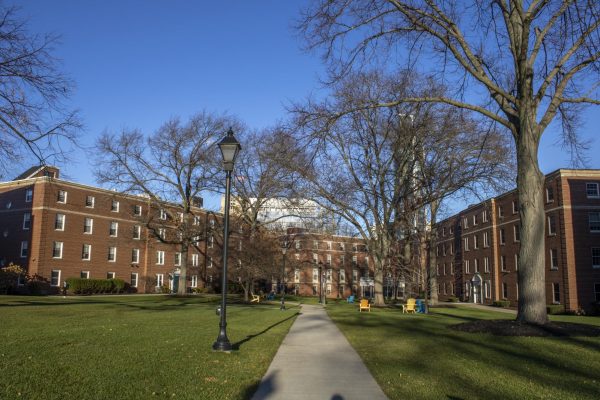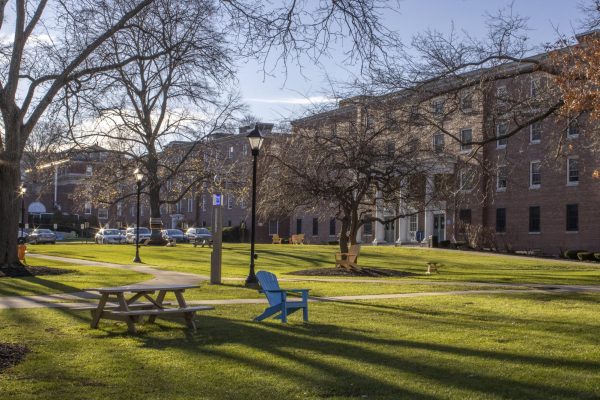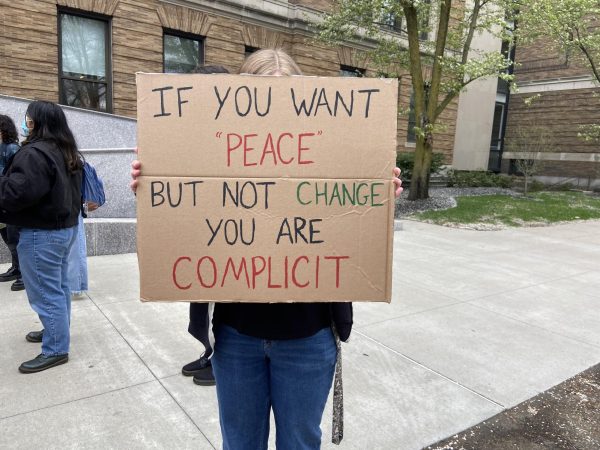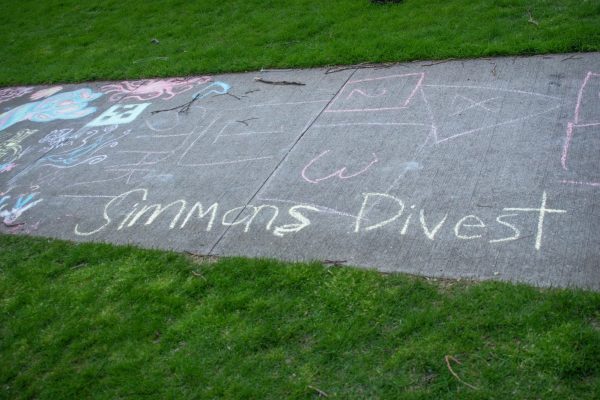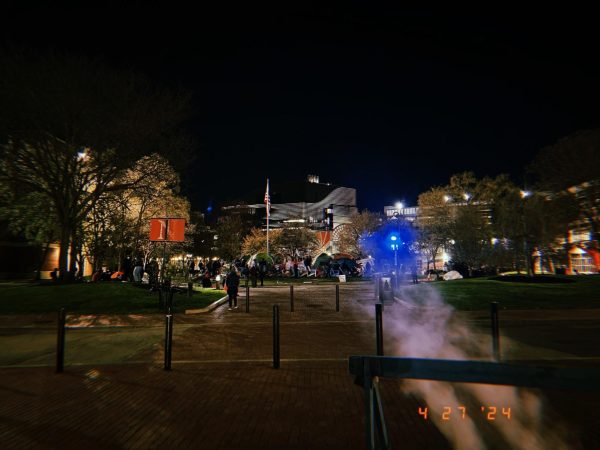Grad school offers an alternate path post-graduation
May 10, 2021
While many students decide to jump straight into the workforce after graduation, some opt for another pathway. Simmons students Hannah Scott, graduate of the Class of 2020, and current graduating senior Emily Buttafuoco, are two Sharks who have decided to further their education after Simmons by going straight to graduate school.
Scott, who is in her first year of graduate school at The University of Vermont, (UVM) is in the Clinical Psychology Doctoral program, a 6 year program. After graduation, Buttafuoco will attend the University of Texas in Austin this fall to pursue a Ph.D in Chemistry with a focus in inorganic/materials. Her program is about the same length as Scott’s, between 5-6 years.
“During my junior year I realized that I was most passionate about research after working in the Health Psychology lab with Dr. Donovan and getting to be a part of various research projects,” Scott said. “Knowing research was my main passion but that I still wanted to have the opportunity and training in clinical psychology, I decided my Junior year to apply to grad school and specifically clinical psychology PhD programs.”
The application process for most graduate programs starts during the spring of a student’s junior year, and ramps up as application season starts in the fall of senior year.
Buttafuoco decided to apply to graduate school during her junior year after talking to her advisor, Professor Mariam Ismail in the Chemistry department. She started looking at schools during summer 2020, and started her applications in September. Graduate school had been on her radar as a chemistry major for the past four years, however, Buttafuoco noted.
The process for being accepted to a graduate program requires extensive research and preparation, according to these two Sharks.
“The experiences and training that I received at Simmons very much helped prepare me for graduate school,” Scott said. “I was able to gain research experience at Simmons as an RA in the Health Psychology lab at Simmons and at the Harvard Youth Mental Health lab (which I worked at as my senior year fieldwork).” said Scott. Having this prior experience as an undergraduate allowed Scott to jump right into research in graduate school.
Buttafuoco also talked about how Simmons helped to prepare her for the next steps upon graduation.
“I would say that the small school environment has given me more opportunities to (1) be a tutor, TA, or LA, (2) be heavily involved in the department (3) lead my own research project with no graduates above me,” she explained. “I know from conversations with potential graduate advisors that this is very attractive, showing self-initiative, which I believe Simmons allowed me to do. I also think that my research advisor and academic advisors pushed me to be my best self because they truly know me, in comparison to what might have been at a larger institution.”
Scott had help from fellow professors and staff from Simmons during this time as well, and was able to receive guidance from those who had gone through the process before.
When asked about going out into the workforce instead of graduate school, Scott was quick to reply, “Since I knew that I wanted to get my PhD and I had a decent CV, I figured why not try to apply to graduate school right out of undergrad, but at the same time would have been happy working for a couple years as well.”
For Buttafuoco, the decision to pursue grad school was something she pondered about, especially after having her entire senior year on Zoom. But she knew that she did not want to take a gap year, instead preferring to dive right into a PhD program, where she would graduate with a Doctoral degree by 28.
Applying for and participating in any graduate program is difficult in any regard, but for Scott, the biggest challenge was her personal statement.
“The most difficult thing about applying to graduate school was probably writing the personal statement and making sure it encompassed who I was and what my goals are.” said Scott.
Buttafuoco echoed this, noting that writing about yourself is the hardest thing to do.
Looking ahead, Buttafuoco expects that living on a graduate stipend and keeping up with the demands of her program will be a challenge, but not an entirely unfamiliar one. “I have always been so involved that juggling multiple things is relaxing to me,” she said.
Choosing which graduate school depends on what program the student is applying for and is interested in.
“I would say to definitely pace yourself during the application process, keep your head up, and do not stress about hearing back from schools! I also would say that it is very important that you reach out to professors to see if your research interests fit with theirs,”Buttafuoco said.
Scott had some insight into this as well.
“Continuing your education past undergrad is a great time commitment and can cost a lot of money so it would be important to be certain it is something you’d want to do. Essentially make sure you do your research before applying to make sure it is the best option for you,” she noted.



